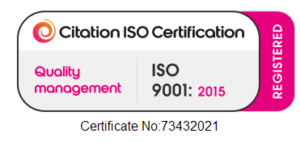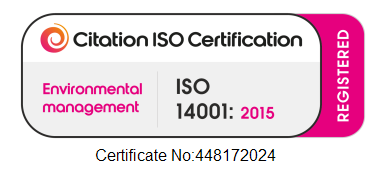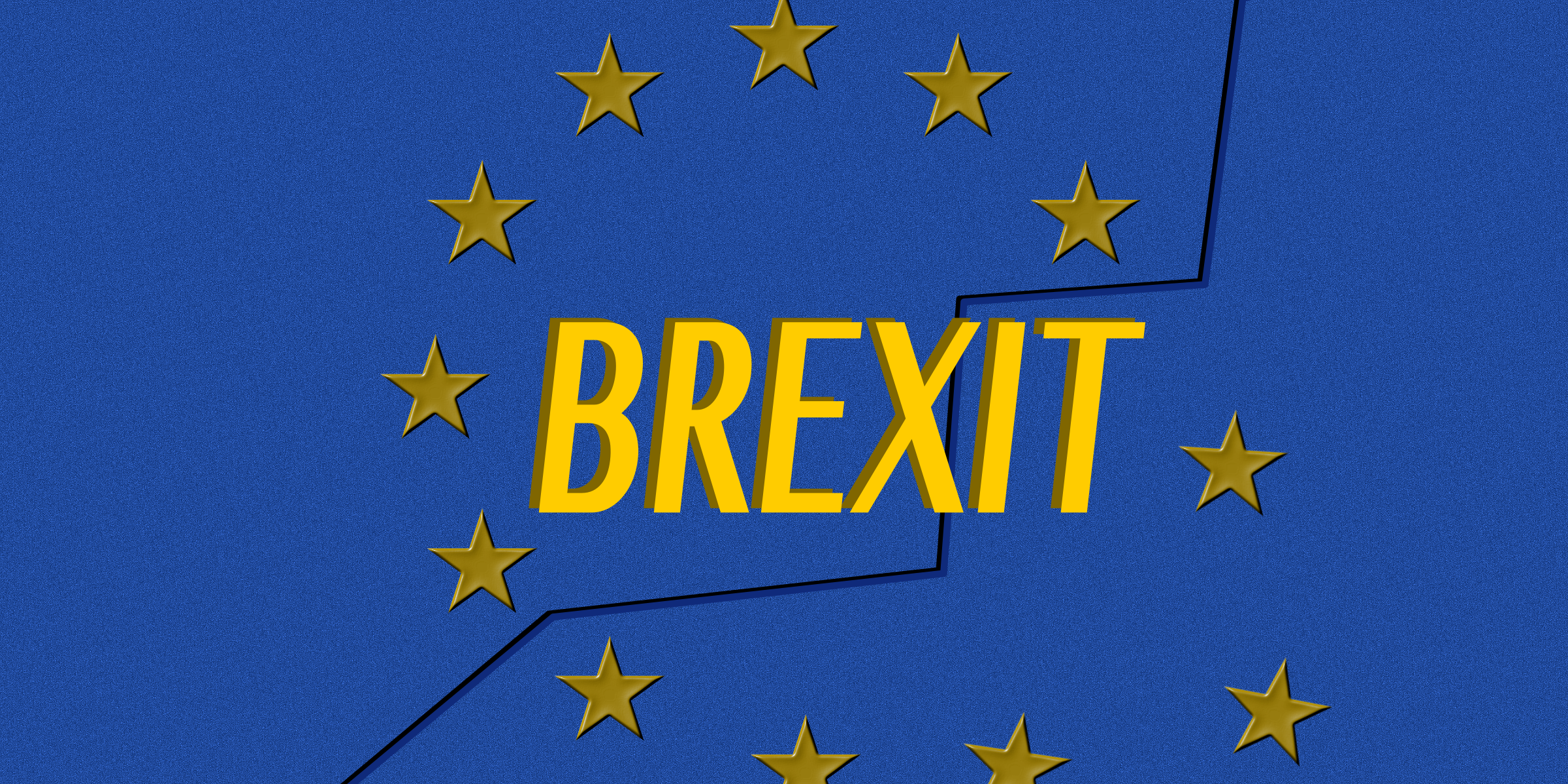As an employer, you may have questions about what Brexit means for you.
One of the key queries facing businesses is the uncertainty over recruiting and retaining staff, especially if you employ staff from the European Union (EU). Employers can take a number of practical steps and find support to prepare for the UK leaving the EU.
Which employees will Brexit affect?
Identify who, in your business, may be affected by the UK leaving the EU, such as:
- workers from other EU countries
- workers that commute from the Republic of Ireland to work in your business
- workers that are UK nationals but have family members from another EU country – eg a spouse or partner
- students from another EU country working in your business – eg completing a scholarship or student placement
There will be no change to the rights and status of EU citizens living in the UK while the UK remains in the EU. EU citizens’ rights in the UK.
Read about the status of EU citizens in the UK: what you need to know.
Settled status for EU citizens and their families
The UK Government has developed a scheme for EU citizens living in the UK to apply for settled status for themselves and their family. Getting settled status means you can continue to live and work in the UK for as long as you like. You will not need to apply if you’re an Irish citizen or have indefinite leave to remain, but your family members from outside the UK and Ireland will.
No action needs be taken at the moment. The settled status scheme will open fully by March 2019 and the deadline for applying will be 30 June 2021. Read more about settled status for EU citizens and their families including eligibility criteria and documents you’ll need to apply.
How can employers plan for Brexit?
- Scenario plan by looking at example case studies: EU citizens’ rights in the UK.
- Keep updated on Brexit developments including:
- Progress of negotiations between the EU and the UK by signing up to receive Brexit updates.
- Status of EU nationals in the UK by signing up for Home Office email alerts.
- Speak to your employees about the challenges of Brexit. Let them know you are aware of the issues and are looking at ways to address them. If employees know they are valued and supported, this will help increase their loyalty to you. This could be important should employers in their home country offer them employment. Build effective relationships with your employees.
- Retain skills – to avoid losing vital skills and knowledge if a staff member leaves, you may want to consider cross-skilling employees so that key skills and business knowledge are spread throughout your workforce. Sharing knowledge in your business.
- Inform employees – provide your employees with support and guidance on:
- Applying for UK residence for EU citizens.
- Applying for dual citizenship or dual nationality – ie you can be a British citizen and a citizen of another country. However, you should note that some countries don’t allow dual citizenship so employees should check with their embassy in the UK to see if their home country allows dual citizenship.
- How to register as a British citizen.
- How to become a British citizen through naturalisation.
(It can take up to six months to process the above applications.)
- Avoid discrimination – as an employer it is unlawful to discriminate and any support you offer must be made available to all employees in your business whether they are UK citizens, EU nationals or from outside the EU. Prevent discrimination and value diversity.
- Tools to help employers – InterTradeIreland’s Brexit Planning Interactive Guide can help with employment issues such as recruitment, cross-border commuters, rights to permanent work and seasonal workers.
- Further guidance on trade support for Brexit.
Brexit-related consultations
Consultations offer an opportunity to comment on policy and issues that relate to your business. Find Brexit consultations from government departments:
Search for the latest consultations – Department for Exiting the European Union
Source: NIBUSINESSINFO











